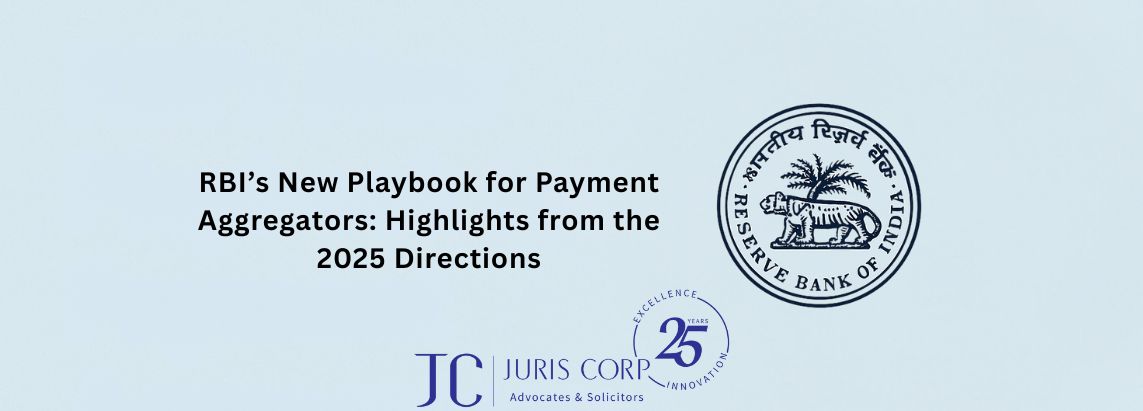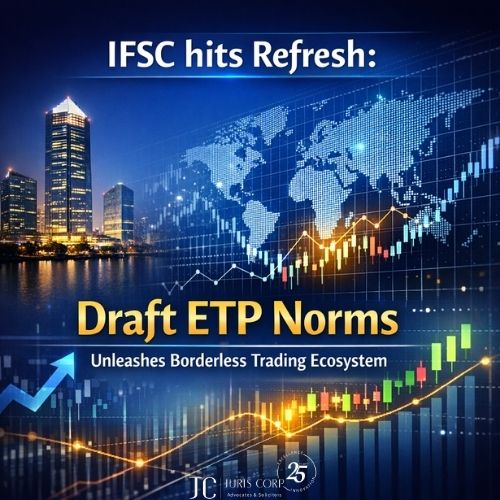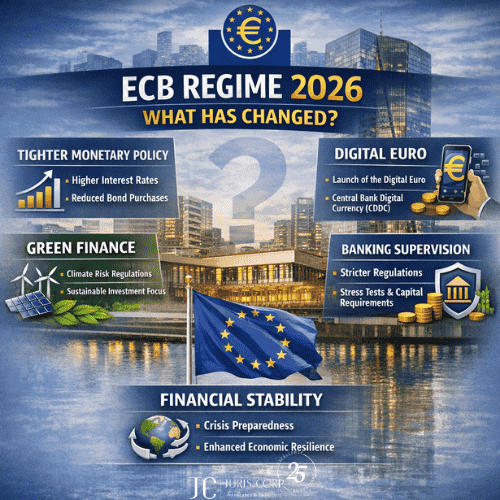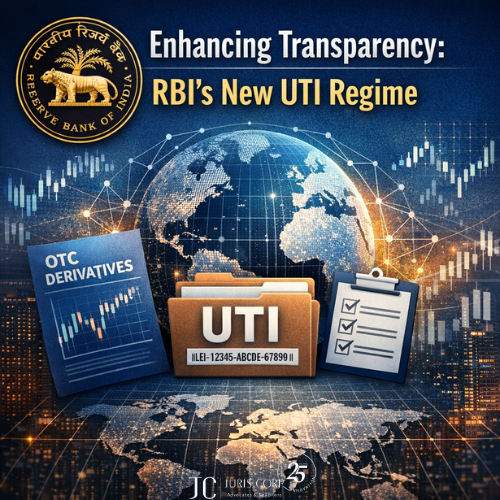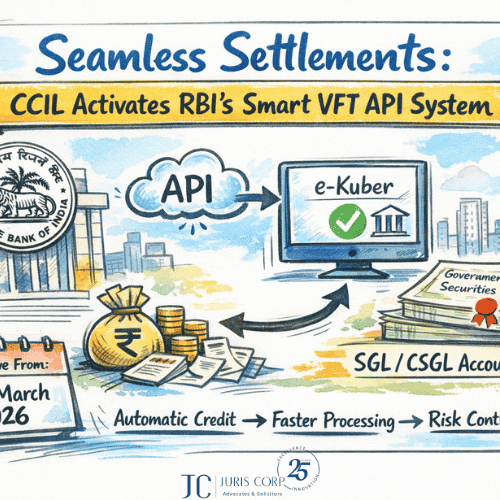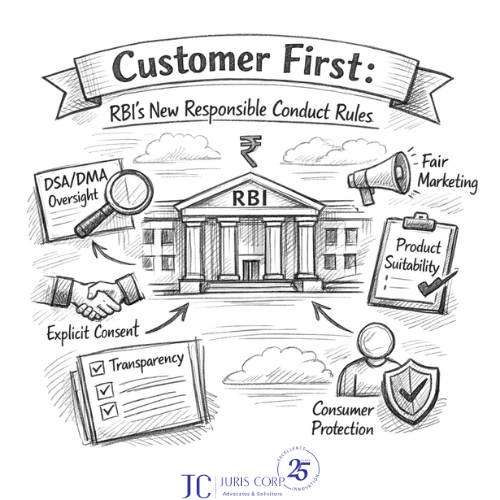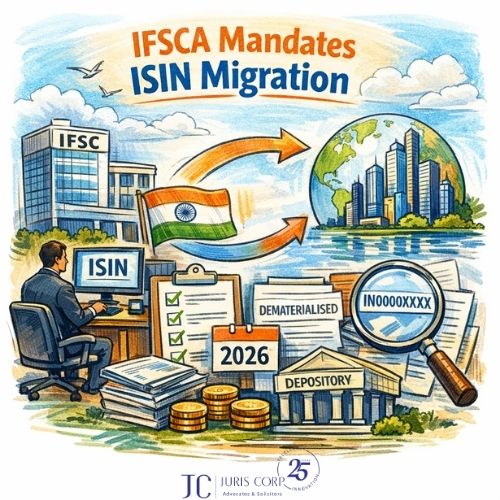Brief Overview:
The Reserve Bank of India (Regulation of Payment Aggregators) Directions, 2025 (“Master Directions”) supersede the erstwhile regulations and guidelines in relation to payment aggregators (“PAs”) and consolidates 3 (three) different categories of PAs viz. online, physical, and cross-border categories. Now, a non-bank PA must obtain RBI authorisation and meet minimum net worth requirements of INR 150,000,000/-, rising to INR 250,000,000/- in 3 (three) years. Further, the Master Directions put emphasis on KYC, dispute resolution, fraud prevention, and escrow account management related aspects.
Technical Details:
Key provisions under the Master Directions are set out below.
1) While banks can continue running their PA businesses without obtaining authorisations, non-banks are required to apply for authorisation to operate as a PA.
2) A non-bank entity shall be required to be incorporated under the Companies Act, 2013 (as amended) to seek certificate of authorisation (“CoA”) from the RBI for operating as a PA. Further, an entity regulated by any of the financial sector regulator(s), shall also seek such authorisation along with a no objection certificate (“NOC”) from such regulator(s), within 45 (forty-five) days of obtaining the NOC.
3) PA are categorised into:
(a) PA – Physical (PA – P);
(b) PA – Cross Border (PA – CB); and
(c) PA – Online (PA – O).
4) An entity, whose application for grant of CoA for PA – O or PA – CB is under consideration of RBI – shall intimate the RBI about its existing PA – P business, if any, through the online portal, by 31st December 2025.
5) An entity carrying on only PA – P business shall apply for authorisation as prescribed in the Master Directions by 31st December 2025. An entity which fails to apply by the due date shall intimate its banker(s) forthwith and wind up its business by 28th February 2026.
6) An entity seeking authorisation to commence or carry on PA business shall have a minimum net-worth of INR 150,000,000/- at the time of tendering application for authorisation; and shall attain a minimum net-worth of INR 250,000,000/- by the end of third financial year of grant of authorisation.
7) PA will now be required to undertake know-your-customer (“KYC”) verification, conduct background checks on merchants, and monitor transactions. Reliance on Central Know Your Customer Records Registry and alternative digital methods are permitted, including checks on agent onboarding in relation to due diligence by PA. Further, non-bank PAs may utilise agents to undertake certain activities related to due diligence.
8) The acquiring bank:
(a) shall have a policy for processing payments for merchants acquired through an authorised non-bank PA;
(b) need not undertake the customer due diligence of the merchant itself but should be able to obtain the required details whenever required; and
(c) shall ensure, while acquiring a non-bank PA, that the merchants onboarded by the PA are in compliance with acquiring bank’s policy for merchant acquiring.
9) The Master Directions provide detailed provisions for governance, dispute management framework, and security, fraud prevention and risk management framework, reporting requirements with special directions for PA – Cross Border.
10) Escrow accounts must be opened with a scheduled commercial bank. A non-bank PA shall maintain the funds collected on behalf of its merchants in a separate escrow account. In case of a PA – CB, such account shall also be referred to as inward collection account for inward transactions and outward collection account for outward transactions, as applicable.
JC takeaway:
These Master Directions enforce strict KYC, cybersecurity, and financial reporting standards, while requiring non-banks to meet net worth and authorisation criteria.
For further details, please see:
Master Directions – Reserve Bank of India
Press Releases – Reserve Bank of India
For any queries/clarifications, please feel free to ping us and we will be happy to chat:

